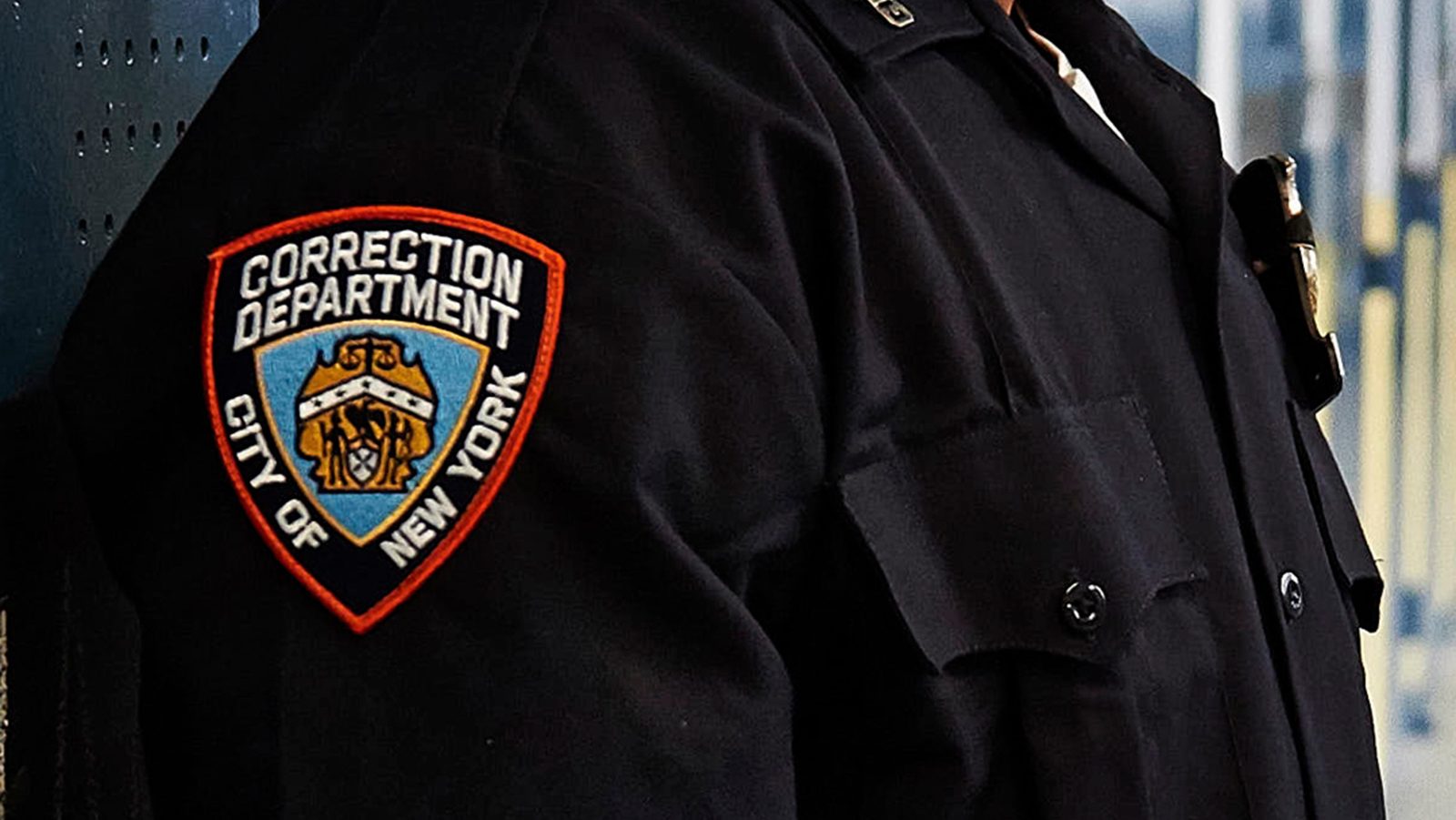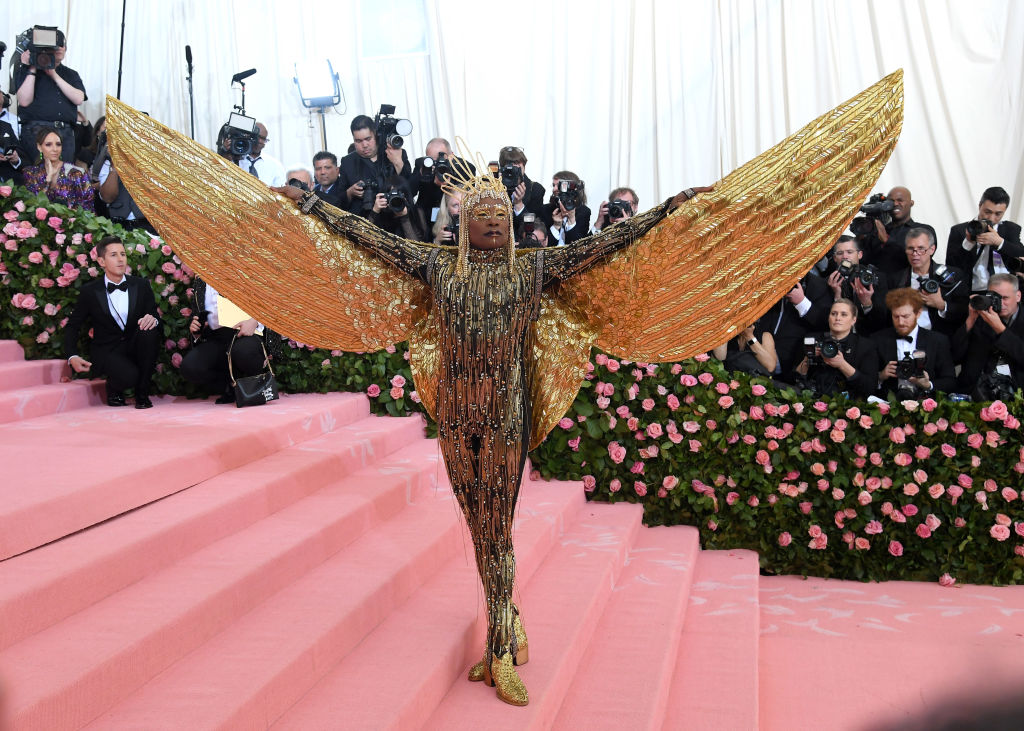What to Know
- Tri-state health and elected officials have paused Johnson & Johnson vaccination administration in accordance with new recommendations from the CDC and the FDA
- More than 6.8 million doses of the J&J vaccine have been administered in the U.S. to date; most recipients report no or mild side effects
- Meanwhile, the reopening process continues; Gov. Andrew Cuomo said Wednesday he would extend the statewide indoor restaurant and catered event curfews by an hour each starting on Monday
Tri-state health and elected officials sought to reassure New York, New Jersey and Connecticut residents about the safety and effectiveness of COVID-19 vaccines Wednesday as a CDC panel debated the Johnson & Johnson shot pause.
A day earlier, the CDC and the FDA rocked the national vaccination rollout when the two agencies jointly recommended U.S. states pause administering the J&J shot following a half-dozen reports of rare blood clot complications in women.
One of the women, a 45-year-old from Virginia, died. The company said Wednesday it is investigating a possible seventh case as well.
Get Tri-state area news and weather forecasts to your inbox. Sign up for NBC New York newsletters.
Local governors, at least one of whom received the J&J shot himself, and the White House moved quickly to minimize concerns about the impact of the pause and the potential long-term effect of it on Tuesday and continued their efforts Wednesday.
"Remember, authorized vaccines protect us from diseases that threaten us so much more," New York City Health Commissioner Dr. Dave Chokshi, who himself got the J&J shot last month, reiterated at Mayor Bill de Blasio's daily COVID briefing.
The vast majority of the more than 6.8 million doses of the J&J vaccine administered throughout the U.S. so far have been accompanied by no reports of side effects or reports of mild side effects.
Local
About a quarter of a million people in New York City, including the mayor, have already received the J&J vaccine and about half a million residents statewide got the shot. None of them were among the six women who reported clotting problems.
Roughly 100,000 Connecticut residents have received the J&J vaccine with no reported serious adverse events either. In New Jersey, J&J has accounted for more than 230,000 doses administered. That's about 4 percent of all doses done to date in the Garden State.
Nearly 47,000 women in the same age group as the six affected by the blood clot have gotten the J&J shot with no reports of such ill effects, Health Commissioner Judy Persichilli said Wednesday.
"We understand that concerns about J&J may increase your hesitancy, but it is vital that as many people get vaccinated to beat COVID-19 in our state, where we have lost one in 500 New Jerseyans to this virus," Persichill said.
A similar message around the overall safety and effectiveness of vaccines reverberates at the national level and in other states and local governments. Federal authorities say they recommended the pause out of an abundance of caution, and state officials say they are acting in the same manner in abiding by the suggestion.
For now, the disruptions to the vaccination rollout haven't been egregious locally. One woman who was vaccinated at the Javits Center Tuesday, Kalli Ankeny, said she was surprised at how seamlessly her scheduled shot was switched to Pfizer.
Overall, the pause means New York City will have to reschedule or rearrange roughly 4,000 vaccine appointments a day that use Johnson & Johnson's shot. Choksi says the vast majority of New York City residents who had appointments scheduled with the J&J shot will have as seamless a transfer as Ankeny did. The switch may not be so simple for some, though.
Unlike the Pfizer and Moderna brands, the Johnson & Johnson vaccine is single-dose and doesn't require ultracold storage, which make it easier to transport. The single-shot regimen has been the foundation of the city's homebound seniors program for those two primary reasons. That program has now been paused, with just 26 percent of the city's 23,000 homebound seniors vaccinated thus far.
De Blasio said the hope is to get it back up and running as soon as possible.
The mobile vaccine clinic that the city launched just last week is another potential casualty. That bus was supposed to administer J&J shots and prioritize restaurant and delivery worker vaccinations for at least the first week before moving to other neighborhoods and boroughs. More buses were expected to launch in the coming weeks. De Blasio has yet to address any potential changes to those plans.
On Wednesday, the mayor said he hopes and believes the J&J pause will be "very temporary" and while he called it a "tremendous curveball," de Blasio vowed the city's vaccination rollout would move forward at an accelerated pace. The city remains on track to hit his goal of 5 million fully inoculated residents by the end of June, he said.
As of Wednesday, nearly 2 million New York City residents are fully vaccinated (23.2 percent of the population), while 36.7 percent have had at least one dose, state data shows.
New Jersey and Connecticut have similarly said they would try to rearrange appointments as possible. It's unclear how long the overall pause could last, but all three tri-states had been expected much lower J&J allocations anyway because of a previous and unrelated problem at a production facility that ruined 15 million doses.
A federal advisory panel is reviewing the latest developments on Wednesday.
In each of the six confirmed cases of severe side effects, authorities said the unusual blood clots occurred 6 to 13 days after vaccination. The patients were all women between the ages of 18 and 48. The clots occurred in veins that drain blood from the brain and occurred together with low platelets. No other details on those cases were clear. (Here are potential side effects to look for if you recently got the J&J shot.)
Not sure how the process works? Check out our handy tri-state vaccine site finder and FAQs here
New York City and New Jersey Vaccine Providers
Click on each provider to find more information on scheduling appointments for the COVID-19 Vaccine.
Data: City of New York, State of New Jersey • Nina Lin / NBC
Dr. Anthony Fauci said a headache was the only common early symptom among the women. He also said that the pause should only last a few days, and it should not disrupt the pace of the national vaccination rollout, which has been accelerating.
Helping matters, Pfizer's CEO said Tuesday the pharmaceutical manufacturer could deliver 10 percent more doses to the U.S. by the end of May than previously agreed. That's a total of 300 million doses for the U.S. delivered ahead of schedule.
Like Fauci, New Jersey Gov. Phil Murphy said he didn't believe the J&J pause would lead to a dose shortage, adding, "No one who has received this vaccine should panic or worry."
Murphy said the pause won't affect the state's plans to expand vaccine eligibility to all New Jerseyeans on Monday, nor will it affect Murphy's goal of fully vaccinating 4.7 million residents by the end of June. It's nearly halfway there.
To date, New Jersey has fully vaccinated 25.8 percent of its population, while 40 percent have had at least one dose. In neighboring New York, which has led U.S. states in vaccinations per 100 people this month, according to OurWorldinData.org, 39.1 percent of the populace has had at least one dose and 25.9 percent is fully inoculated.
In Connecticut, about 41 percent of the population has received at least one dose, while 25 percent report a completed series.
Nationally, 29.1 percent of U.S. adults age 18 and older are fully vaccinated, while 47 percent have had at least one shot. The ratio is even higher for the 65 and older age group, of which 62.5 percent has been fully vaccinated, according to the CDC.
In the city, Chokshi said the average rate of admissions into hospitals for COVID-like illness among those age 65 and older has fallen by 51 percent since mid-January compared with 29 percent for those under 65, he said.
"But we should not mistake progress for victory. This virus has shown us time and again just how deadly it can be. We have to keep that in the front of our minds even as we follow the science around the safety of vaccines," Chokshi added.
Meanwhile, the reopening process continues, as New York state reports some of its lowest positivity rate data in a month or more.
Given the data, Gov. Andrew Cuomo said Wednesday he would extend the statewide indoor restaurant service and catered event curfews by an hour each -- from 11 p.m. to 12 a.m. and 12 a.m. to 1 a.m., respectively -- starting on Monday. Weddings and other catered events will be allowed to run until 1 a.m. instead of midnight as of Monday, the governor said.
Restaurants had pleaded for an end to the 11 p.m. curfew, saying that pandemic restrictions were hurting their business.
A similar curfew was lifted earlier this month for casinos, movie theaters, bowling alleys, billiard halls and fitness centers.
“The extra hour is good news for restaurants, bars and customers, but we still need a road map for when the curfew will be lifted like it has for other industries,” said Andrew Rigie, the executive director of the NYC Hospitality Alliance, an industry group.
He also urged the state to stop prohibiting diners from being seated at restaurants’ bars and to reconsider a requirement that patrons who order an alcoholic beverage get food with it.
Cuomo also announced during a telephone briefing Wednesday that auto and horse racing events will be able to accommodate spectators at 20 percent capacity starting April 22. Spectators will be required to wear a mask, social distance and provide proof of a recent negative test or completed vaccinations.
“But at the same time, we caution New Yorkers: Don’t get cocky. The disease is still very much with us,” Cuomo said.



